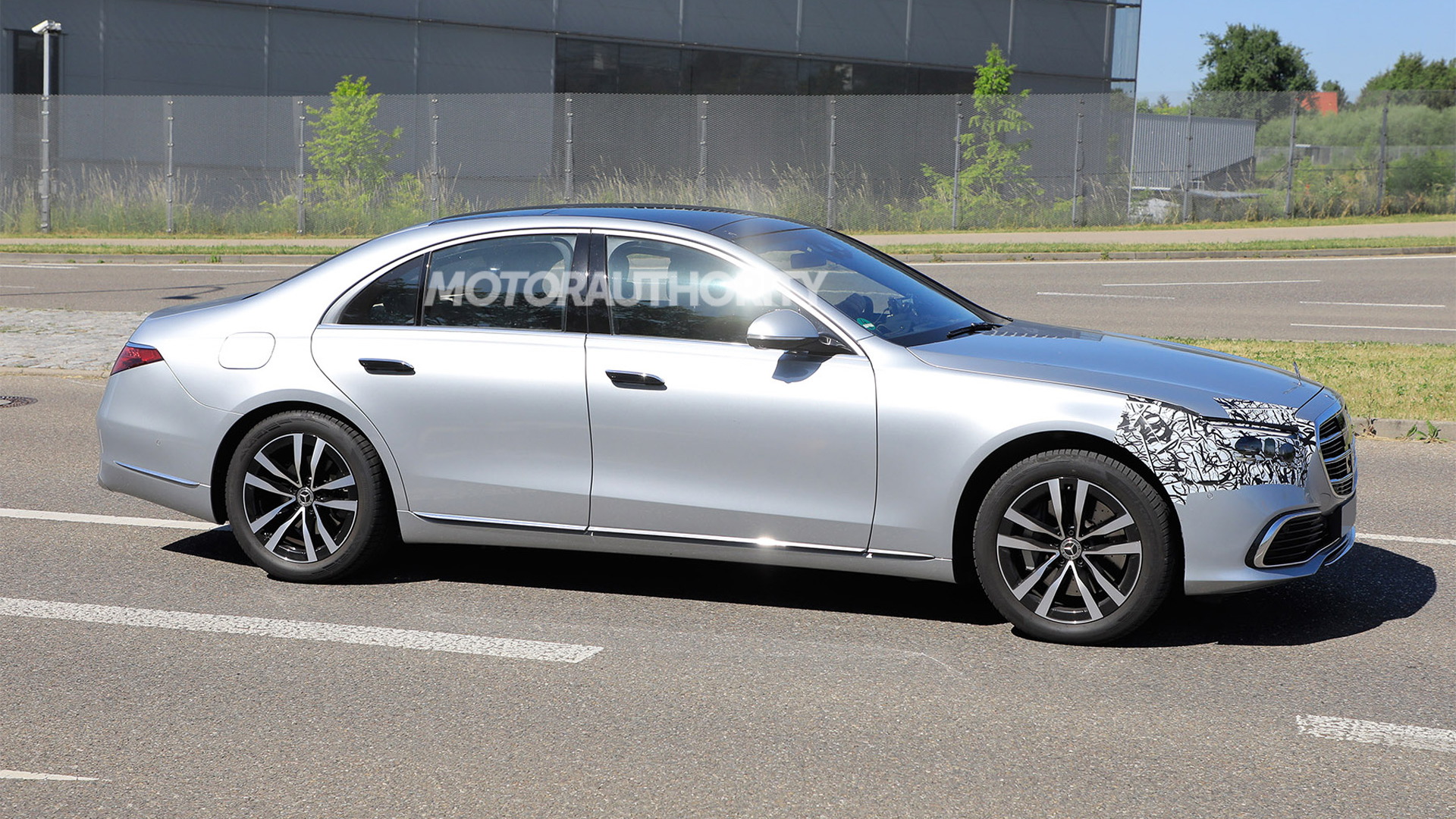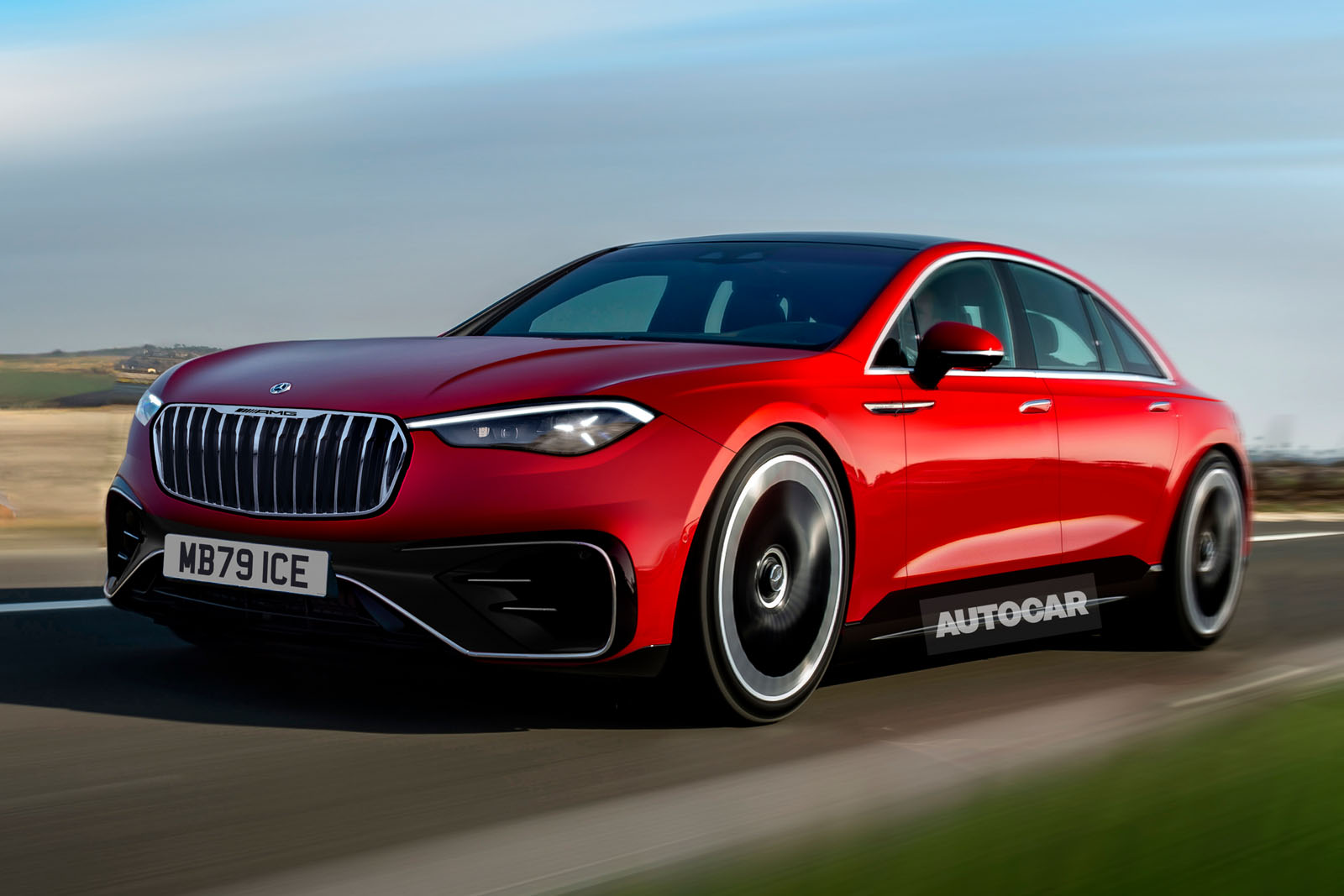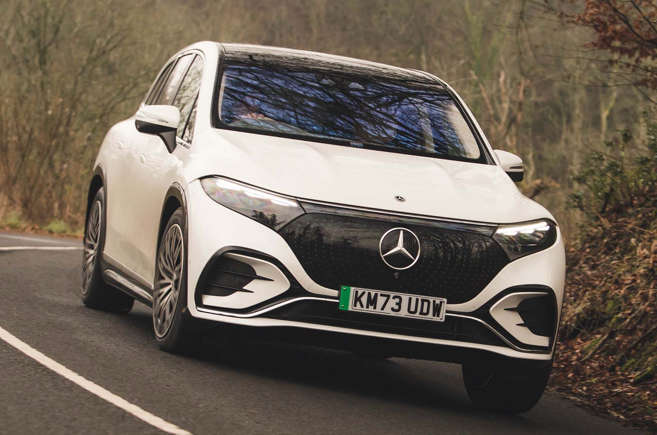By Deji Osas
Mercedes-Benz is preparing to take its flagship luxury sedan, the S-Class, into the future with a bold new strategy that will offer both electric and traditional combustion engine options. The upcoming next-gen S-Class, set to debut in the coming years, aims to blend the performance and comfort the brand is known for with the evolving demands of the automotive industry, ensuring it remains a symbol of cutting-edge luxury.
The shift to a dual-powertrain approach means that Mercedes will continue to offer the traditional S-Class for customers who prefer the tried-and-true internal combustion engine (ICE), while also introducing an all-electric variant that builds upon the foundation laid by the EQS. This move addresses the growing demand for electric vehicles (EVs) without alienating customers who still value the classic driving experience provided by petrol or diesel engines.
The electric S-Class will feature Mercedes-Benz’s most advanced electric technology, including a long-range battery system, fast charging capabilities, and the sophisticated driving dynamics the brand is renowned for. Meanwhile, the combustion engine variant will likely feature a more refined version of the current S-Class’s engine lineup, blending power with efficiency.

Both versions will share design elements, ensuring that the S-Class maintains its iconic, luxurious aesthetic. Expect a refined cabin with the latest tech and materials, a larger digital interface, and an improved level of safety and driver-assistance features. Mercedes-Benz’s commitment to comfort and performance will be evident in both models, which will be fine-tuned to deliver an unmatched driving experience.
This dual-powertrain strategy also ensures Mercedes-Benz can continue meeting global regulatory demands, as many markets are pushing toward stricter emissions standards while simultaneously encouraging the adoption of EVs. The next-gen S-Class will therefore offer something for everyone—those who want the smooth, quiet power of an electric vehicle and those who appreciate the torque and reliability of a traditional combustion engine.

As Mercedes-Benz continues to innovate, the S-Class will remain at the pinnacle of luxury, offering customers the choice to move into the future with an electric option or to enjoy the power and refinement of a combustion engine. Whatever your preference, the next-generation S-Class promises to maintain its status as a symbol of automotive excellence.
In a move that echoes the successful strategy of the G-Class, Mercedes-Benz is set to offer the next-generation S-Class with both electric and combustion-engine options. This dual-powertrain approach aims to streamline the brand’s offerings while maintaining the high level of luxury and performance that defines the S-Class. Just as the G-Class now offers both traditional and electric drivetrains without any noticeable changes in its iconic styling, the S-Class will embrace a similar formula, offering the same refined luxury regardless of power source.
This unification comes in response to disappointing sales figures for both the S-Class and its electric counterpart, the EQS. According to recent reports, deliveries of the internal combustion engine (ICE) S-Class plummeted by 37% in the first quarter of 2024, highlighting the need for a fresh approach to satisfy a broader range of customer preferences. Meanwhile, the EQS, despite its impressive technological advancements, has struggled to capture a larger market share, particularly in regions still heavily reliant on gasoline-powered vehicles.
By offering both powertrain options under the same model umbrella, Mercedes-Benz aims to cater to a wider audience. Customers who prefer the traditional power and range of a combustion engine will have their needs met, while those who are embracing the future of electric mobility can opt for the EQS-inspired electric version. Both models will feature the same luxurious design, ensuring that customers do not have to compromise on style or comfort when choosing their preferred drivetrain.
This strategic shift is a direct response to changing consumer preferences and the evolving global automotive market, where a balance between traditional and new technologies is becoming increasingly important. The next-gen S-Class promises to be a versatile and future-proof luxury sedan, offering something for everyone, whether it’s the proven power of a combustion engine or the smooth, sustainable performance of an electric powertrain.
Mercedes-Benz EV Sales Fall Short of Expectations in 2023, Achieving 11% Market Share
Mercedes-Benz’s electric vehicle (EV) sales in 2023 did not meet the ambitious projections the company initially set, despite a significant increase in overall EV sales. The luxury automaker had anticipated that electric models would account for over 20% of its total global sales, which amounted to 2,043,800 units. However, the final results showed that EVs only made up 11% of total sales, falling short of the expected share by nearly half.
While the 11% share represents substantial growth compared to previous years, it highlights a gap between Mercedes-Benz’s goals and the realities of the rapidly evolving automotive market. The company did experience a remarkable 73% increase in its EV sales compared to 2022, underscoring the rising interest in electric mobility. Despite this, it seems that market conditions, competition, and consumer preferences have kept electric vehicles from reaching the level of adoption the company had hoped for.
Mercedes-Benz’s efforts to accelerate its transition to an all-electric future are clearly evident, with new electric models like the EQS and EQB contributing to the brand’s expanded EV portfolio. However, the more conservative pace of adoption in some key markets, coupled with the continued dominance of internal combustion engines, appears to be the primary factor behind the sales shortfall.
This discrepancy between expectations and outcomes likely signals that while Mercedes-Benz is on the right track, the journey toward widespread EV acceptance will require more time, innovation, and possibly adjustments to the company’s strategy. Despite not meeting their initial projections, Mercedes-Benz remains committed to achieving a stronger presence in the electric vehicle market as it continues to roll out more electrified options in the coming years.






